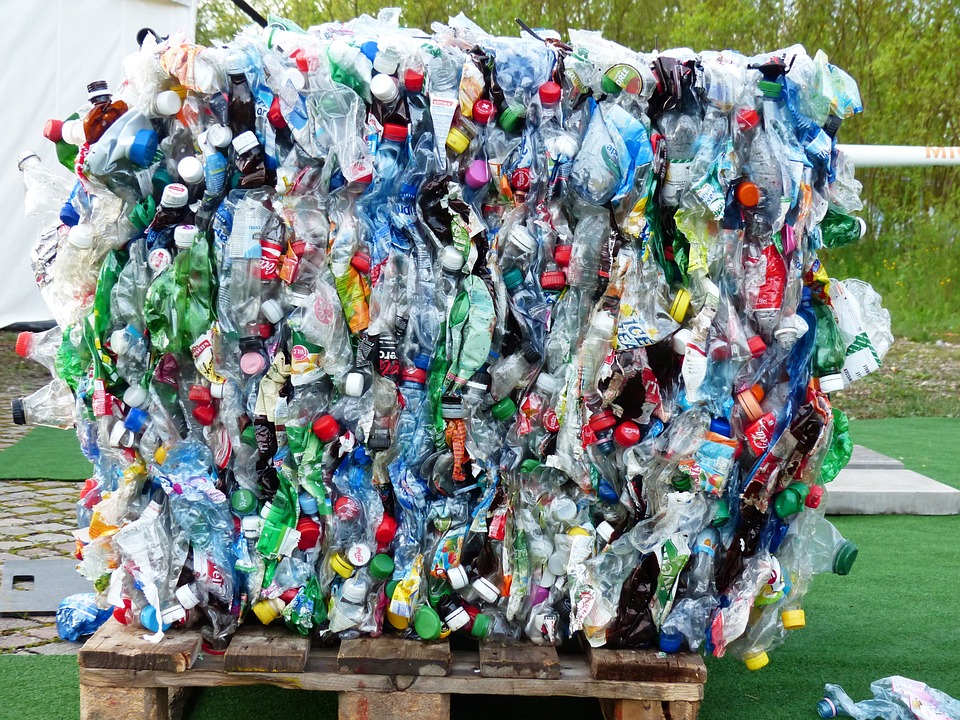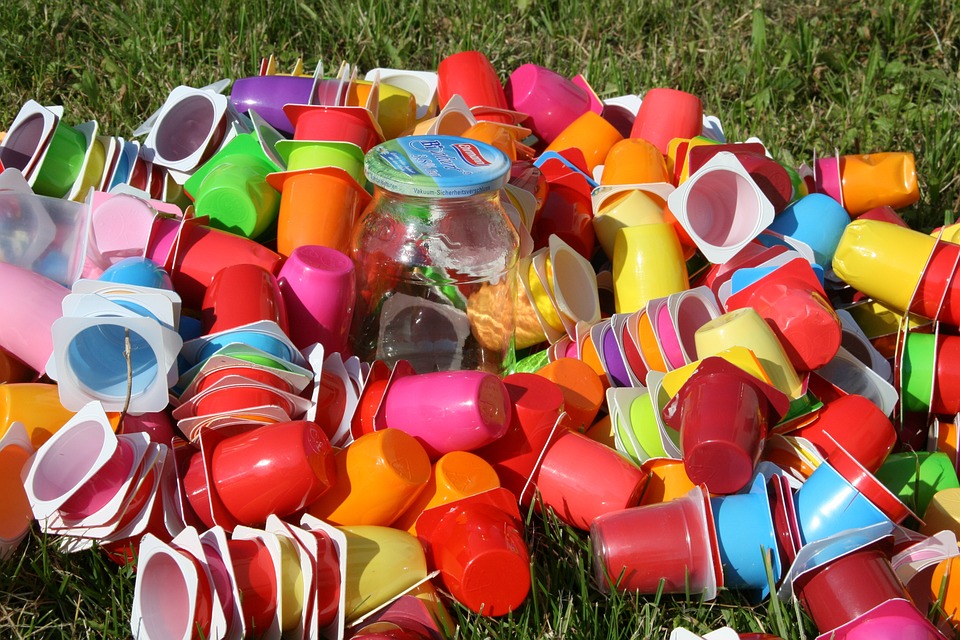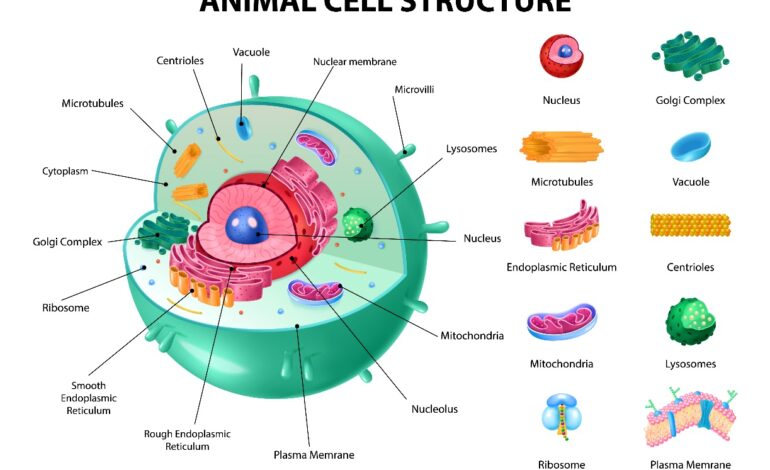Plastics are now employed in practically every industry, from packaging and building to hygiene and fashion. Plastics have a number of drawbacks that should make people think twice before using them and encourage them to adopt more sustainable practices when they do.
The environmental effects of plastic production and disposal can be substantial. When plastics are manufactured, fossil fuels are frequently used, which results in emissions of greenhouse gases and accelerates global warming. Furthermore, plastic trash usually gets dumped in landfills or released into the environment, where it might remain for hundreds of years before decomposing. The result may be environmental degradation, the loss of habitat, and animal casualties.
Some plastics contains compounds that have been linked to hormone disruption and cancer in humans, raising serious health concerns. These pollutants may seep through the plastic and contaminate the food or drink within.
Consumption of nonrenewable resources like oil and natural gas used in plastic manufacture. The increased plastics industry demands are a major factor in the accelerated depletion of plastics resources.
Problems with waste management include the fact that plastics are notoriously difficult to recycle and often wind up in landfills or the natural environment nonetheless. This can exacerbate existing environmental issues by placing a burden on waste management infrastructure.
Financial burdens: customers may bear the full weight of the expenditures associated with plastic production and disposal. The expenditures of cleaning up pollution or treating health problems caused by plastic exposure are just two examples of the economic effects of plastic’s negative effects on the environment and human health.
Although plastics have played a crucial part in modern civilization and have many positive attributes, it is vital that we weigh these benefits against the costs of plastic use and make educated decisions about how we put them to work. There are several things that may be done to help reduce plastic use and pollution, such as recycling used plastic and reusing materials.
Some plastics may contain chemicals that might affect hormones or even cause cancer in people. Consumers are put at risk because these chemicals can seep through the plastic and contaminate the food or drink inside.
How does the manufacturing of plastics affect the world’s dwindling supply of natural materials?
The extraction of oil and natural gas, two finite resources, are necessary for the creation of plastic. The increased plastics industry demands are a major factor in the accelerated depletion of plastics resources.
In your opinion, what are some of the most difficult aspects of dealing with plastic trash?
Because of the high expense and difficulty of recycling plastics, much of this material winds up in landfills or the natural environment. This can exacerbate existing environmental issues by placing a burden on waste management infrastructure.
Is there any monetary burden connected to the plastic manufacturing and disposal processes?
Consumers typically end up footing the bill for the high costs associated with plastic production and disposal. The expenditures of cleaning up pollution or treating health problems caused by plastic exposure are just two examples of the economic effects of plastic’s negative effects on the environment and human health.




